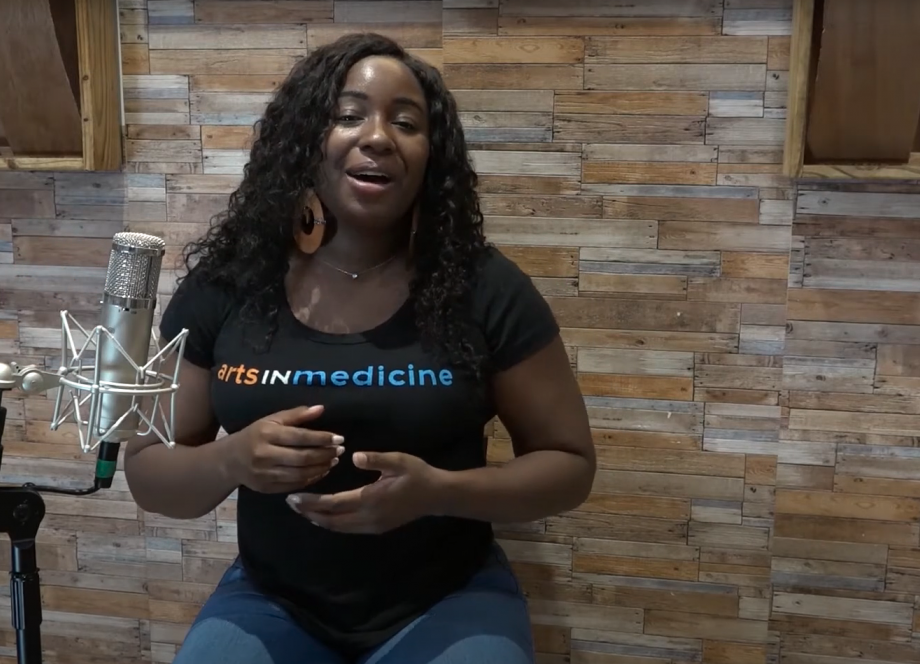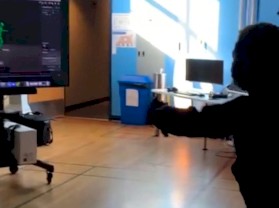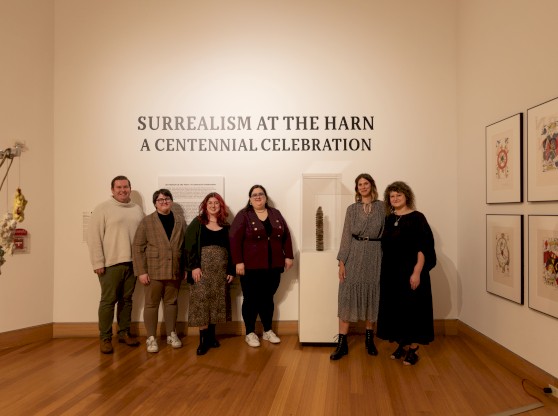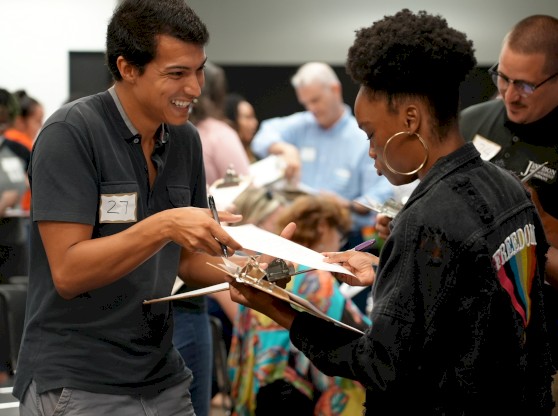Across the globe, individuals, organizations, and governments implemented social isolation to protect each other from COVID-19.
While social isolation was meant to slow the spread of the viral disease, sheltering in place carries its own threats to mental health and well-being.
Knowing that the arts can be an effective coping mechanism, researchers at the University of Florida Center for Arts in Medicine have partnered with University College London to help study the mental health impacts of enforced isolation. Their goal is to understand how certain activities, including the arts, may buffer the effects of social distancing in order to support people psychologically and socially during the pandemic.
“We are living in challenging times and our hope is that the data from this study will make a real difference in helping us understand how to address individual and community needs related to this pandemic,” says Jill Sonke, director of the Center for Arts in Medicine.
Recent findings from the study have shown that loneliness levels are higher in women, people living with children, and people living in urban areas.
The study is also finding that thoughts of death or self-harm and experience of self-harm or abuse are higher among younger people and those living alone, with low household income, with a mental health condition, and living in urban areas.
Adults in the United States are invited to participate in the study.
Dr. Daisy Fancourt, an associate professor of psychobiology & epidemiology at the University College London and a co-principal investigator of the UF EpiArts Lab, initiated the study in the United Kingdom.
In partnership with Americans for the Arts Action Fund, UF researchers expanded Fancourt’s study to the United States.
The U.S. study launched in April 2020 and—as of May 18—has 2,800 participants, who fill out a 10- to 15-minute survey each week. The study tracks a range of variables, including demographics, physical activity, dietary habits, stress, mental health status, and social engagement.
Weekly data reports are planned to be made public when the U.S. study has a minimum of 10,000 participants.
The Center for Arts in Medicine hopes the results will help inform recommendations to improve a sense of well-being and resilience during and after the crisis.
“Results of this study could provide evidence to support the use of the arts and other activities to mitigate negative mental health impacts during times of crisis,” Sonke says. “The potential impact goes far beyond the COVID-19 pandemic.”
Participate in the study or learn more about how the arts are being used to respond to COVID-19.
Cienna Wesley, Musician in Residence with UF Health Shands Arts in Medicine, performs 'Halo' by Beyonce and 'Hero' by Mariah Carey, songs that are often requested by patients at the bedside.



